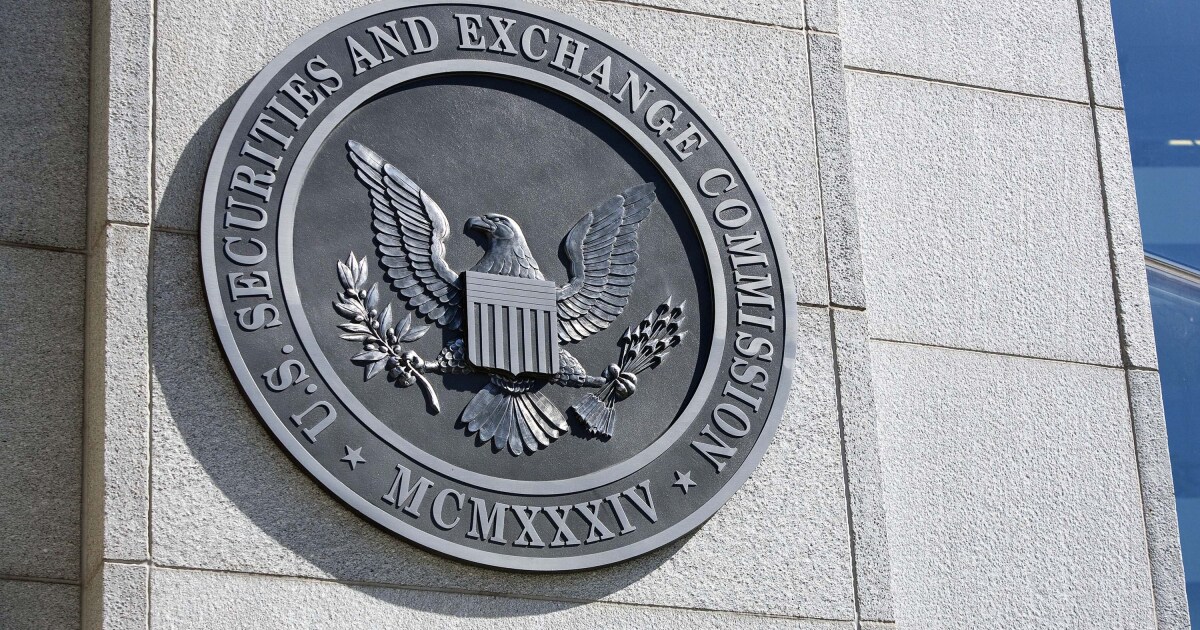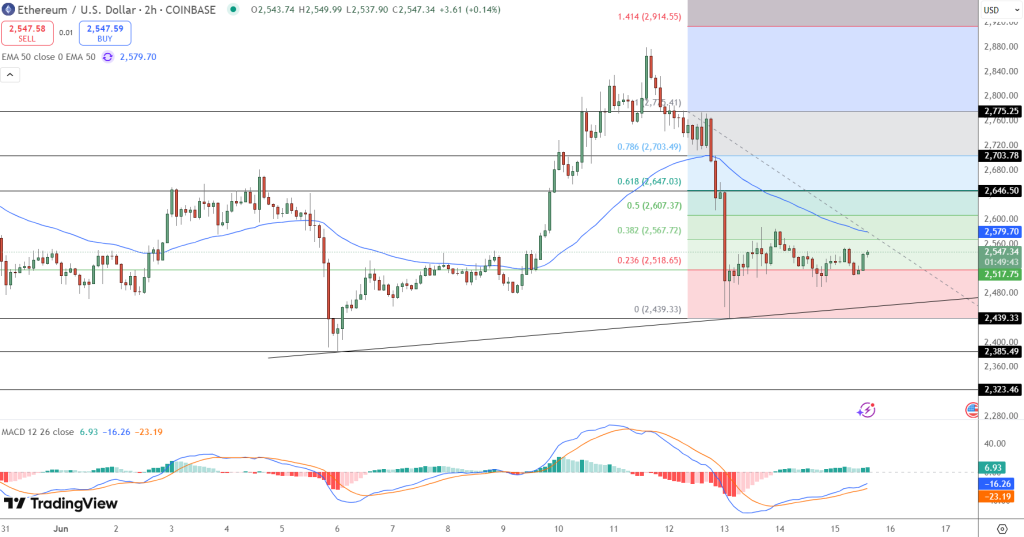In 2023, the World Communications Forum Association named Jason Mudd as North America’s Best PR Leader for 2022. He is CEO of Axia PR.
In 2020, Tesla shut down its entire public relations department, opting instead to reach its audience via CEO Elon Musk’s personal Twitter account. On April 27, 2021, Musk tweeted, “Other companies spend money on advertising & manipulating public opinion, Tesla focuses on the product. I trust the people.” But how can one of the world’s most valuable auto manufacturers not have a PR department?
Let’s examine why some companies devalue public relations, why this is a mistake and what you can learn from such a counterintuitive strategy.
Why Do Companies Write Off Public Relations?
There are a few possible reasons:
• Company leaders may believe they can do a good job communicating with their audience without PR.
• They may believe PR is unnecessary because their companies are successful.
• They may think people are more interested in what they say rather than a corporate PR team.
Inherent Weaknesses Of A No-PR Approach
While you may be able to build a solid brand and connect with your audience without PR, it can lead to some costly mistakes and set you up for a rocky future. You may recall when Musk tweeted from his personal Twitter account that he was considering taking Tesla private—something a PR professional would have likely advised him against. The ensuing market frenzy caused the company’s stock price to jump, leading the SEC to charge Musk with securities fraud in September 2018 (which he later settled).
One of the biggest challenges of a no-PR approach is a lack of effective communications that reach your audience where they are. Solid PR teams recognize the incredible value of data. Using data-driven insights, PR teams can tailor messages to the right audience at the right time for maximum impact.
Without PR, your marketing team is likely only targeting customers and neglecting the larger audience. PR takes a holistic approach, building a community of support and consistent messaging around a brand.
A no-PR approach can also be reactionary when a crisis comes rather than proactive. Having a crisis communications plan in place ahead of time is far more desirable than scrambling to react to negative news.
Entrepreneur and former President Donald Trump may be among the highest-profile examples of someone who appears to use a no-PR approach at times. While he likely uses several PR firms for his various companies, he is known for his direct communications with his social media audience—and I would bet he doesn’t have a PR professional advising him on these. Trump’s communications have certainly garnered attention; however, one wonders how he would have fared in the last election if he’d taken a more PR-friendly approach.
PR Is An Essential Part Of Any Business
Even if you happen to be a charismatic and articulate leader, you can’t afford to neglect PR. A solid PR team can help you communicate your message effectively, build relationships with key stakeholders and manage inevitable crises.
Here are some PR best practices that I recommend for all companies:
1. Have A Clear PR Strategy
Do your due diligence before you start tweeting to your followers or speaking at a public engagement. Start by answering questions like, “What are your company’s goals, and what do you need to achieve?” “What message needs to be communicated?” and “What segment makes up the target audience?”
2. Be Prudent In What You Say
In the digital age, once you put something out there, it isn’t easy to take it back. Therefore, every organization needs to be mindful of its tone and words.
3. Never Be Afraid Of Apologizing
If your company makes a mistake, your PR team shouldn’t be afraid to issue an apology. A well-articulated press release can help your organization seem more human and go a long way in repairing your reputation.
Final Thoughts
The decision to write off PR is incredibly risky. PR, at its core, is risk mitigation. You can stay ahead of bad press and weather the storm by controlling the narrative across news, social and the web. PR also considers multiple, often conflicting viewpoints and brings them together to create those unforgettable brand moments the audience never forgets. Without PR, your brand may leave a key demographic entirely in the dark.
Forbes Agency Council is an invitation-only community for executives in successful public relations, media strategy, creative and advertising agencies. Do I qualify?
Credit: Source link











